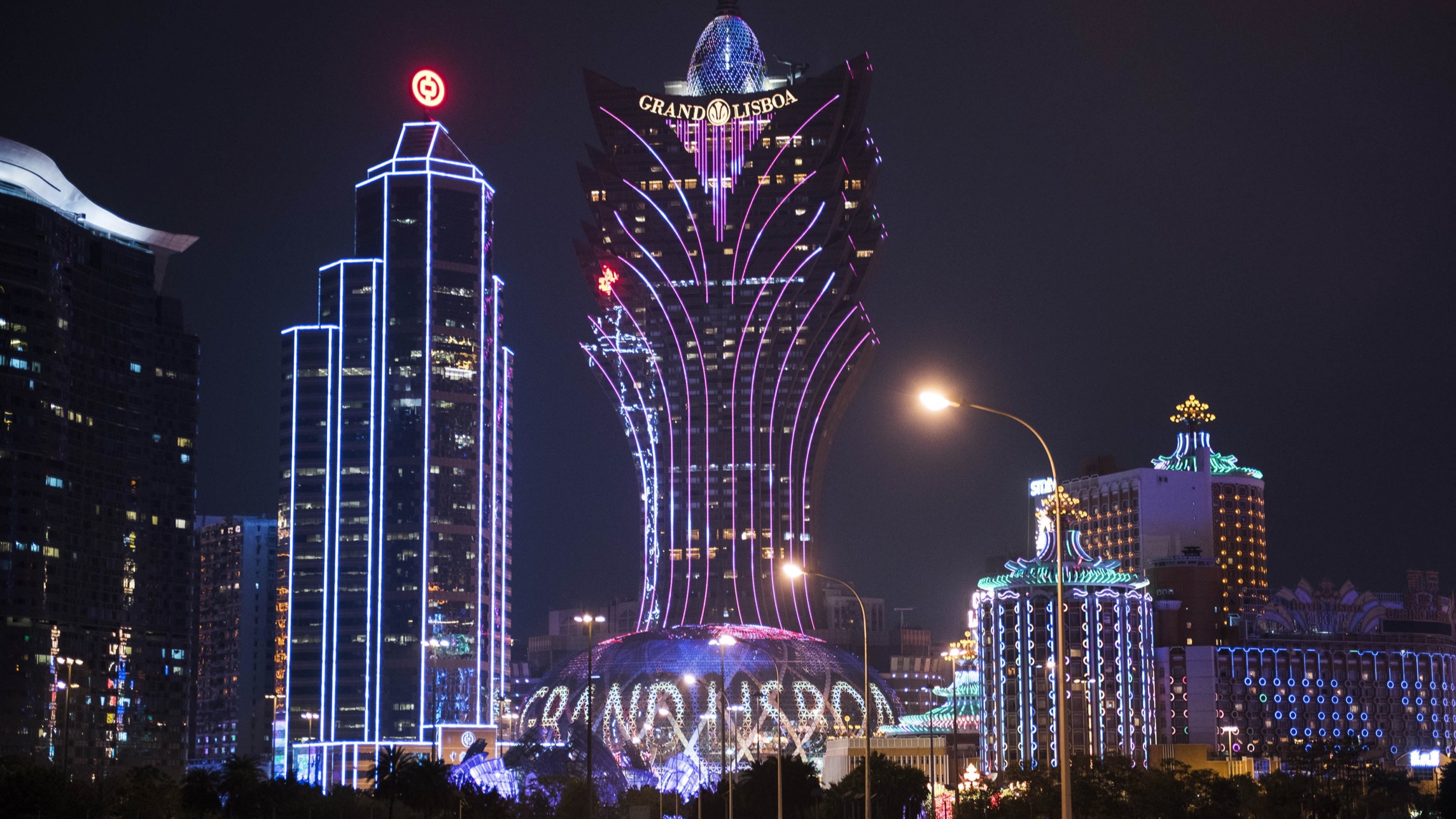
As is constantly advance, various industries are changing in response to the demands of a more smartphone audience. The casino sector is included, with a significant shift in delivering entertaining experiences on mobile devices and tablet devices. Today, users can enjoy a wide variety of casino games right from the palm of their hand, transforming how people experience their favorite pastime.
Portable casino games combine convenience with top-notch entertainment, turning them an enticing choice for not only experienced players and beginners alike. From old-school table games to innovative slot machines, the range available on mobile platforms promises that there is something for everyone. In this write-up, we will explore a selection of the most intriguing games that not just offer exciting gameplay while also utilize the distinct capabilities of mobile devices.
Best Mobile Casino Game Categories
When it refers to mobile casino games, slot machines are undoubtedly the most popular category among gamblers. These games offer colorful graphics, enthralling soundtracks, and a selection of themes that cater to a broad tastes. With creative features such as bonus rounds, free spins, and progressive jackpots, mobile slot games deliver an entertaining experience that keeps players coming for more. Many developers have crafted games specifically for mobile devices, guaranteeing optimized gameplay and seamless controls.
Table games represent another entertaining category in mobile casinos. Traditional games like blackjack, American roulette, and punto banco can be played on the go, providing a casino-like experience right from your mobile phone or iPad. The mobile versions of these games often come with intuitive interfaces and quality graphics, allowing it easy for new players to learn the rules and for experienced players to enjoy their preferred strategies. Real dealer games also fall into this category, permitting players to play with real dealers in real time through their devices.
Finally, video poker has secured a niche for itself the mobile gaming world. This category blends the thrill of traditional poker with the convenience of mobile gaming. Players can enjoy different variants like Jacks or Better and Deuces and Wild while applying their skills to build winning hands. Mobile video poker games often feature customizable settings, allowing players to adjust their stakes and play speed, making it accessible both for occasional gamers and serious poker enthusiasts.
Attributes of Engaging Mobile Casino Games
One of the essential features that make mobile casino games engaging is their user-friendly interface. A smooth design allows players to move easily through the game, accessing various options such as preferences, winnings, and guidelines without any trouble. This simplicity of use is crucial for maintaining player interest and making sure that even those new to online gambling can appreciate the experience without feeling lost.
Another vital aspect is the quality of graphics and sound effects. Exceptional visuals and engaging audio create a thrilling atmosphere that enhances the overall gaming experience. non UK licensed casinos When players feel as though they are in an real casino, it enhances their enjoyment and urges them to spend more time playing. Engaging animations during play, such as jackpot spins or bonus rounds, can further boost the excitement and entice players back for more.
Finally, social interaction features play a significant role in the charm of mobile casino games. Possibilities for chatting with other players, discussing achievements, or taking part in multiplayer games foster a sense of community. This interaction can make the gaming experience more enjoyable and compelling, as players are not just challenging against the house but also connecting with others. The blend of these features creates a compelling environment that keeps players returning to their preferred mobile casino games.
Trends in Mobile Casino Gaming
The emergence of mobile technology has dramatically changed the casino sector. Gamers now have the flexibility of playing their favorite games at any time and at any location, leading to an growing demand for mobile-optimized platforms. This shift has prompted developers to improve UI, ensuring seamless browsing and responsive layouts that provide an excellent experience on compact displays. Furthermore, the inclusion of elements such as tactile controls and motion controls has introduced a new layer of interactivity, making games on mobile more engaging than ever.
Another noteworthy development is the expansion of live dealer games on mobile platforms. Players are increasingly demanding real gambling experiences, and live dealer gaming bridges the gap between physical and virtual environments. With high-definition video streaming and real-time gameplay, players can engage with live dealers and other players from their mobile devices. This style has achieved popularity for its engaging nature, allowing players to feel like they are in a real casino while enjoying the comforts of their home or while traveling.
Finally, gamification is becoming a prominent aspect in mobile casino gaming. By incorporating components such as incentives, ranking systems, and tasks, developers motivate gamers to engage more deeply with the games. This approach not only boosts player retention but also encourages social interaction among gamers. As more titles adopt gamification strategies, the mobile casino landscape is transforming, making casino games not just a form of entertainment but a shared interactive experience.


